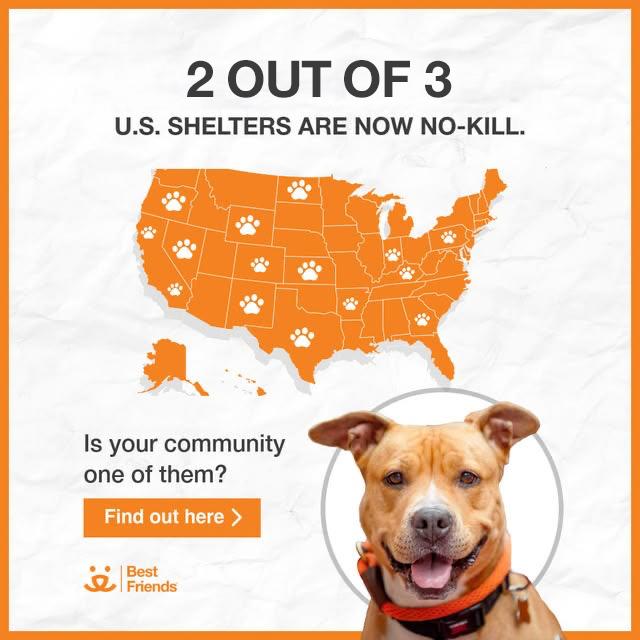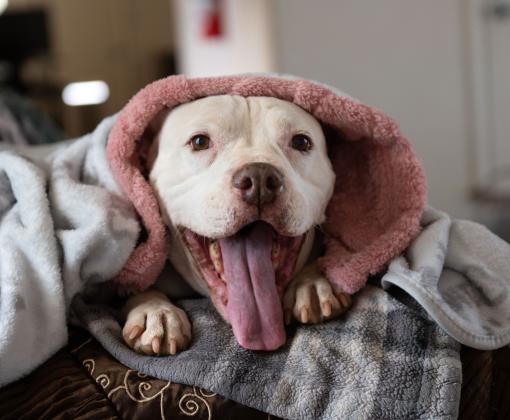
Caring for independent eaters
Feeding
By six to seven weeks old, your kittens should be independent eaters. Dry food should be their primary source of food, but offer wet food frequently as well to encourage eating and maximize growth. Replace the water in their water dish twice a day and wipe out the dish if needed.
During this stage, your daily responsibilities include socializing the kittens and exposing them to new situations and environments. It’s important to try and keep all experiences positive for the kittens, so give them lots of treats and toys as they learn about new sounds, smells, places and faces.
Kitten health
As always, watch the behavior of your kittens and monitor their health daily. Continue to keep a journal detailing each foster kitten’s weight, appetite, energy level and overall health. Weigh the kittens once a day, preferably around the same time, to minimize the variables when tracking the kittens’ growth. Look over each kitten every day for physical changes or potential medical problems.

See how your community is doing
Litter box training
Now that the kittens are using a litter box regularly, be sure to scoop the box at least two times daily. Every other day, dump the litter, clean the box with a mild detergent (such as dishwashing liquid) and put in fresh litter. You’ll want to monitor the kittens for diarrhea and clean the litter box more frequently if diarrhea is apparent.
Socializing and handling
At this stage, play with the kittens several times a day with interactive toys. Play time provides stimulation, encourages socialization and releases excess energy. Try a variety of toys (balls, squeaky toys, feather toys, etc.) to see which ones your foster kittens like. Cat toys don’t have to be fancy or expensive. Cats often enjoy playing with something as simple as a paper bag (remove the handles for safety) or a box with holes cut in the sides.
Don’t leave your foster kittens alone with any toys that could be easily ingested or cause harm to them. Examples are string toys, yarn and Da Bird (feathers dangling from a string and wand). Toys such as ping-pong balls and toilet paper tubes are safe. Also, it may seem cute, but discourage your foster kittens from play-biting your hands and feet. This is something that adopters may not find desirable.
